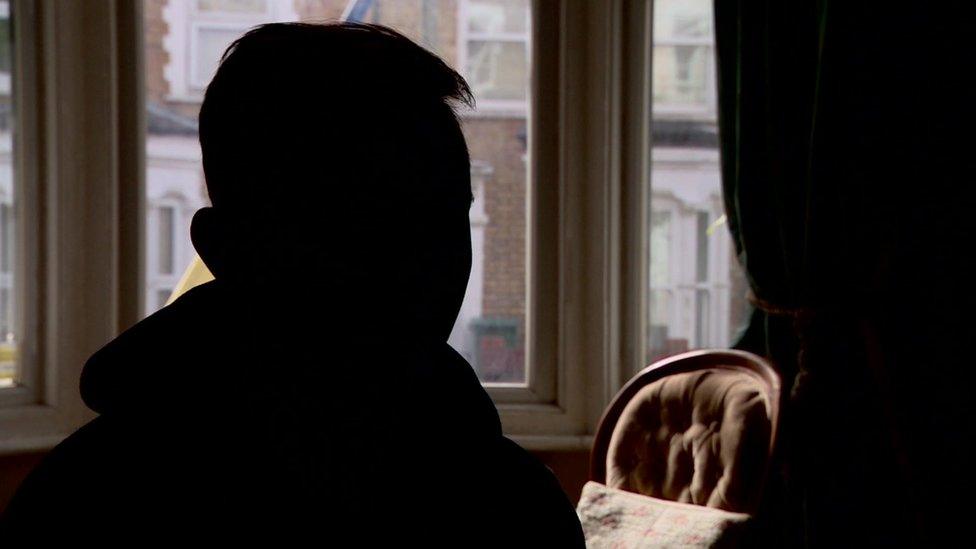Sajid Javid to review gender treatment for children
- Published
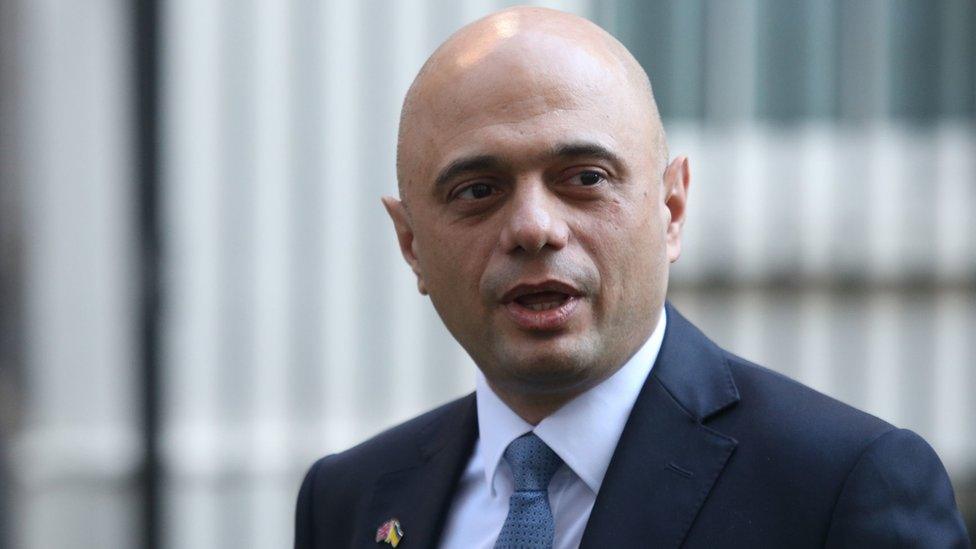
Sajid Javid this week told the House of Commons he thought children's gender treatment services were "bordering on ideological"
Health Secretary Sajid Javid is to review what immediate changes can be made to gender treatment services for children in England.
This could include changing the law to let the independent Cass review, external have access to an NHS database of young people who already received treatment.
It comes ahead of the review's report, due later this year.
This week Mr Javid told MPs services in this area were too affirmative and narrow, and "bordering on ideological".
He is now thought to be planning an overhaul of the Gender Identity Development Service (GIDS), which is run by the Tavistock and Portman NHS Foundation Trust, with clinics in London and Leeds.
The trust has defended itself, saying while there is a need for change, doctors already take into account the wider physical and mental health of children who are referred there.
The health secretary has been considering changing the law to allow a review of GIDS being led Dr Hilary Cass, former president of the Royal College of Paediatrics and Child Health, to access a database of children who were treated by GIDS to see if any later regretted having treatments, such as puberty blockers. It is unclear how the process of giving access to the information would work.
Puberty blockers are powerful drugs that block the actions of sex hormones and are used to delay the onset of puberty. Last year the Court of Appeal upheld the right of the trust to give the drugs to under-16s if they were deemed capable of giving consent.
The health secretary's move follows interim findings, external of Dr Cass's report into GIDS.
She found a lack of expert agreement around what constitutes gender dysphoria, long waiting lists for treatment and an absence of data on the success of different approaches.
Dr Cass also considered GPs and other non-GIDS staff felt "under pressure to adopt an unquestioning affirmative approach" to children unsure of their gender, "overshadowing" other issues such as poor mental health.
In her opinion the present NHS service needed "transformation".
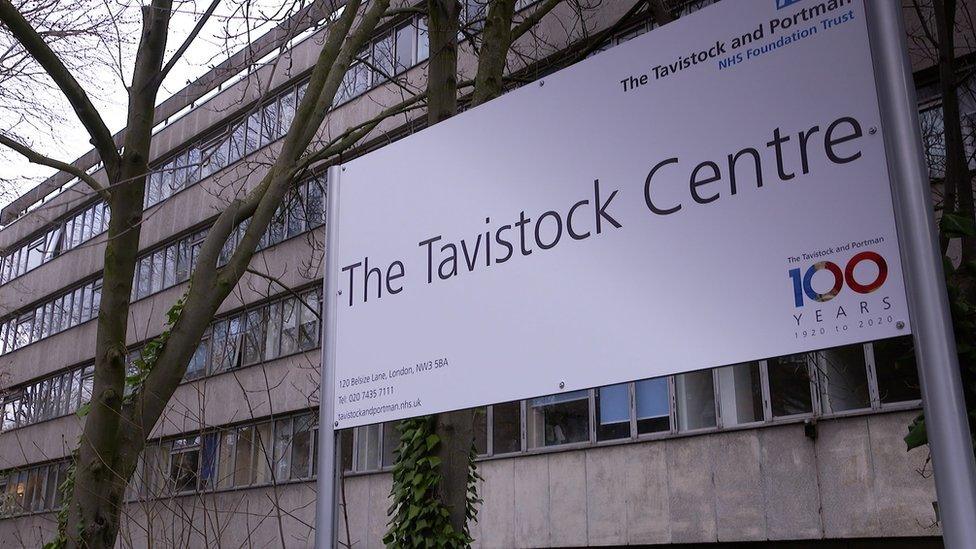
The only NHS gender identity facility for young people is based at the Tavistock and Portman NHS Trust
There is one GIDS service in England, with clinics in London and Leeds, with other satellite services offering support.
They see approximately 2,500 young people each year, of which less than 10% have access to hormone treatment.
Girls are more often referred to the service than boys.
The Tavistock and Portman NHS Foundation Trust said "being respectful of someone's identity does not preclude exploration".
"We agree that support should be holistic, based on the best available evidence and that no assumptions should be made about the right outcome for any given young person," it added.

THE MOST POWERFUL MAN YOU'VE NEVER HEARD OF: Who is the Puppet Master?
EVERYTHING HAS CHANGED: Looking back on seven turbulent years in politics

- Published11 March 2022

- Published30 March 2021
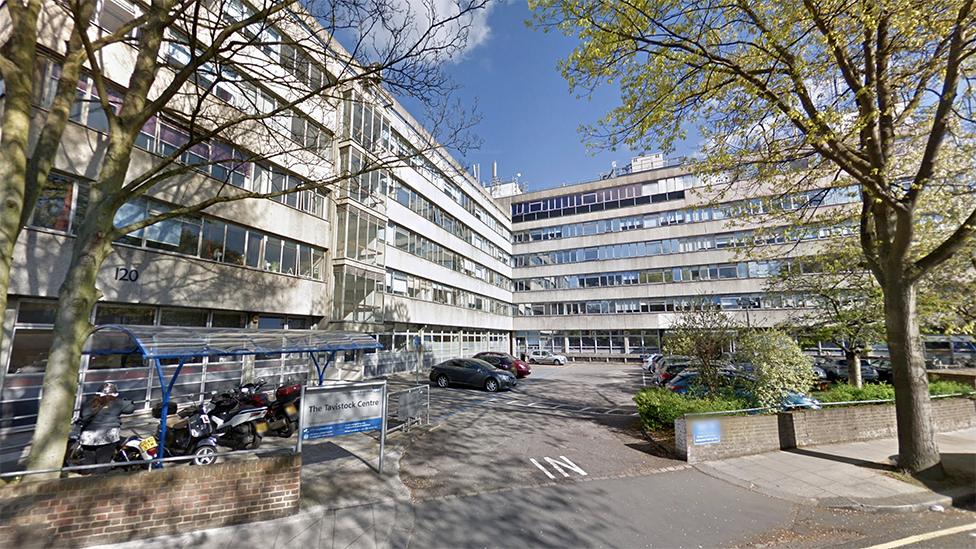
- Published1 April 2021

- Published12 October 2021
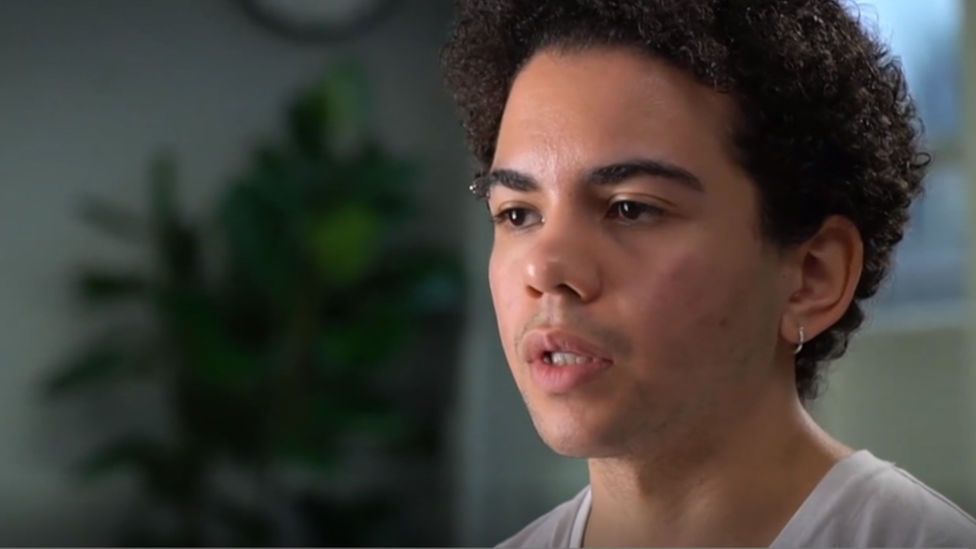
- Published3 May 2017
